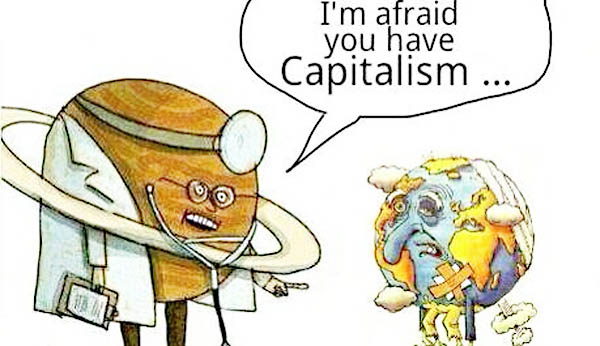The problem with capitalism is its focus on free markets rather than free societies

Rana Foroohar of the Financial Times recently pointed to an essay by Tufts political science professor Michael Beckley. The piece, “Enemies of My Enemy”, says that it’s been nearly 60 years since the western world focused almost exclusively on free markets. Free markets started to represent free societies. An economic system – capitalism – started to become both foreign policy and strategy.
This idea of triumphant capitalism freeing the world hit a roadblock with China’s rise. No longer does neoliberal market capitalism seem such a world-beater. Various crackpot theories have come and gone. There was Tom Friedman’s belief in the Golden Arches of peace – that countries with McDonald’s wouldn’t want to go to war. He then came up with the Dell Theory of Conflict Prevention – that countries, which are part of a major global supply chain won’t go to war.
And so we sit at this point of time, with Vladimir Putin bearing down on Ukraine, an America that’s bitterly divided, the US-led world order weaker than before and the power vacuum filled by the illiberal strong.
So what happens next? I think Ms Foroohar’s observations, after an email exchange about American hegemony with Bill O’Grady are very useful. Mr O’Grady, the chief market strategist for a Missouri company that offers investment advice, believes that the Soviet/ communist collapse caused the US and its capitalist system to become much less attractive.
This is very much in line with Professor Beckley’s view that a strong liberal order generally comes about when disparate countries band together against something — a country or an ideology.
Will that mean a new world order that will unite around the US because of a fear of Russian and Chinese dominance?
Or will it be, in Ms Foroohar’s words, “a free-for-all, in which the strong do what they can and the weak what they must (O’Grady’s view).”

